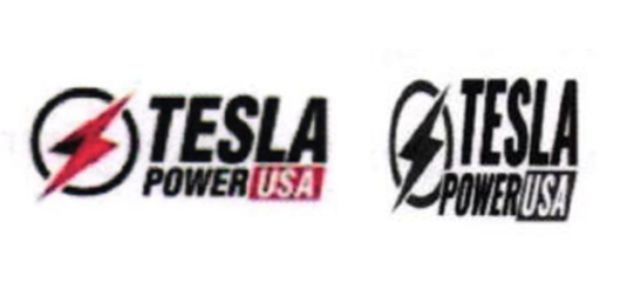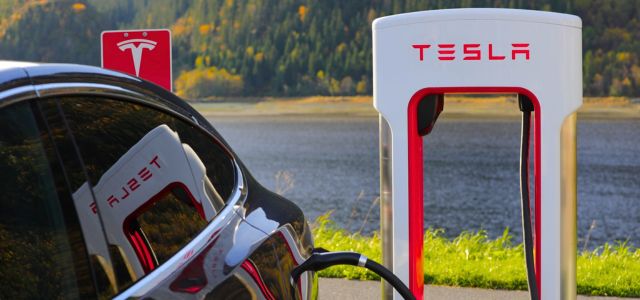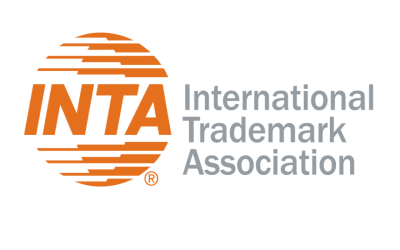The world of trademarks is a crucial battleground for businesses, especially in a globalized market. Strong trademarks help consumers identify the source and quality of products and services. For electric vehicle giant Tesla Inc. (Tesla), its brand name ‘Tesla’ is a cornerstone of its identity. This identity is now at stake in a trademark dispute with Tesla Power India Pvt. Ltd. (TPI), a well-established Indian company manufacturing batteries and energy storage solutions, at the Delhi High Court.
The dispute arose in April 2022 when Tesla discovered TPI using the brand name ‘Tesla Power USA’ on its website. This triggered a cease and desist letter from Tesla demanding TPI stop using the trademarks TESLA POWER and TESLA POWER USA. Negotiations continued until March 2023, but TPI’s continued use of ‘Tesla’ prompted Tesla to initiate legal proceedings.

Legal claims and evidence
Tesla’s lawsuit rests on three key legal pillars: trademark infringement, passing off, and unfair competition.
- Trademark infringement: Trademark law grants exclusive rights to a registered trademark owner. Tesla claims that TPI’s use of ‘Tesla’ is likely to cause confusion among consumers, leading them to believe TPI’s products are associated with Tesla, especially given Tesla’s secured trademark registrations and pending applications for TESLA in India.
- Passing off: This common law principle protects a brand’s reputation from misleading use by others. Tesla argues that TPI’s use of ‘Tesla’ misrepresents their products as originating from Tesla, damaging its brand goodwill.
- Unfair competition: This broader concept prohibits deceptive or misleading business practices. Tesla contends that TPI’s actions create an unfair advantage by leveraging Tesla’s established reputation.
To support its rights and claims, Tesla presented evidence including:
- Proof of Tesla’s registered trademarks for TESLA in India.
- Details of pending trademark applications for TESLA in India
- TPI’s marketing materials: Documents or advertisements suggesting TPI intends to enter the electric vehicle market, further strengthening the likelihood of confusion. Tesla may argue that these materials, even if for a collaboration, could mislead consumers.
While not recorded as submissions in the orders passed by the court, Tesla could potentially use:
- Prior confusion: Examples documenting actual public confusion between Tesla and TPI in India can bolster Tesla’s case.
- Strong brand association: Evidence demonstrating Tesla’s extensive marketing and brand recognition in India, particularly around electric vehicles but also in the field of advanced battery technologies.
TPI’s defense and transborder reputation
During the initial hearing, TPI denied any involvement in electric vehicle production or marketing. TPI clarified that its core business focuses on batteries for automobiles, inverters, and UPS systems. TPI’s defense also emphasized that any marketing materials mentioning ‘Tesla’ pertained to a collaboration with another EV manufacturer, distancing themselves from independent production of electric vehicle batteries. Notably, TPI pledged to refrain from using Tesla’s registered logos and avoid promotional activities for EVs under its brand name. The court acknowledged this undertaking and bound them to the same.
However, the case raises a critical legal question: does TPI’s use of ‘Tesla’ for its core battery business infringe on Tesla’s trademark rights, especially considering Tesla’s trademark registrations in India? This hinges on the concept of transborder reputation. Transborder reputation extends trademark protection to well-known foreign brands, even if not formally registered in the local jurisdiction. In this case, Tesla’s trademark portfolio in India, its global reputation for electric vehicles, and its association with advanced battery technologies could influence the court’s decision.
Strategic considerations and potential outcomes
The upcoming hearing on May 22nd, 2024, will be crucial. Here are some potential strategies for both parties:
- Tesla: Tesla may argue that even limited use of ‘Tesla’ for batteries creates a link to its electric vehicles and advanced battery technologies, leading to confusion. Tesla might seek a broader injunction prohibiting all use of ‘Tesla’ by TPI.
- TPI: TPI might argue its pre-existing presence in India and the goodwill and reputation enjoyed by them, legal approvals, and clarification regarding the EV collaboration to strengthen its position.
The court’s decision could have significant implications:
- Injunction: The court might grant an injunction prohibiting TPI from using ‘Tesla’ altogether, or limit the injunction to specific contexts like electric vehicles.
- Damages: Tesla could potentially recover financial compensation for any damages caused by the alleged trademark infringement.
- Transborder reputation precedent: This case could set a precedent for future disputes involving established foreign brands and similar local trademarks in allied fields.
The Tesla v. TPI case highlights the complexities of trademark law in a globalized economy. The outcome will be closely watched by businesses operating across borders, particularly those with strong brand recognition.

Written by Adv. Kriti Priyadarshini Litoria
Advocate
You may also like…
INTA files statement in intervention in EU case on the inherent distinctiveness of color combination trademarks
New York, New York—July 24, 2024—The International Trademark Association (INTA) has filed a Statement in...
Bytedance stumbles in Singapore: IPOS rejects TIKI trademark challenge
The social media giant Bytedance, owner of the ubiquitous TikTok platform, recently suffered a setback in Singapore....
TOUR DE FRANCE fails in the third stage against German fitness studio chain
At the end of June, the 111th edition of the Tour de France kicked off. June also saw the end of a dispute between...
Contact us to write for out Newsletter













